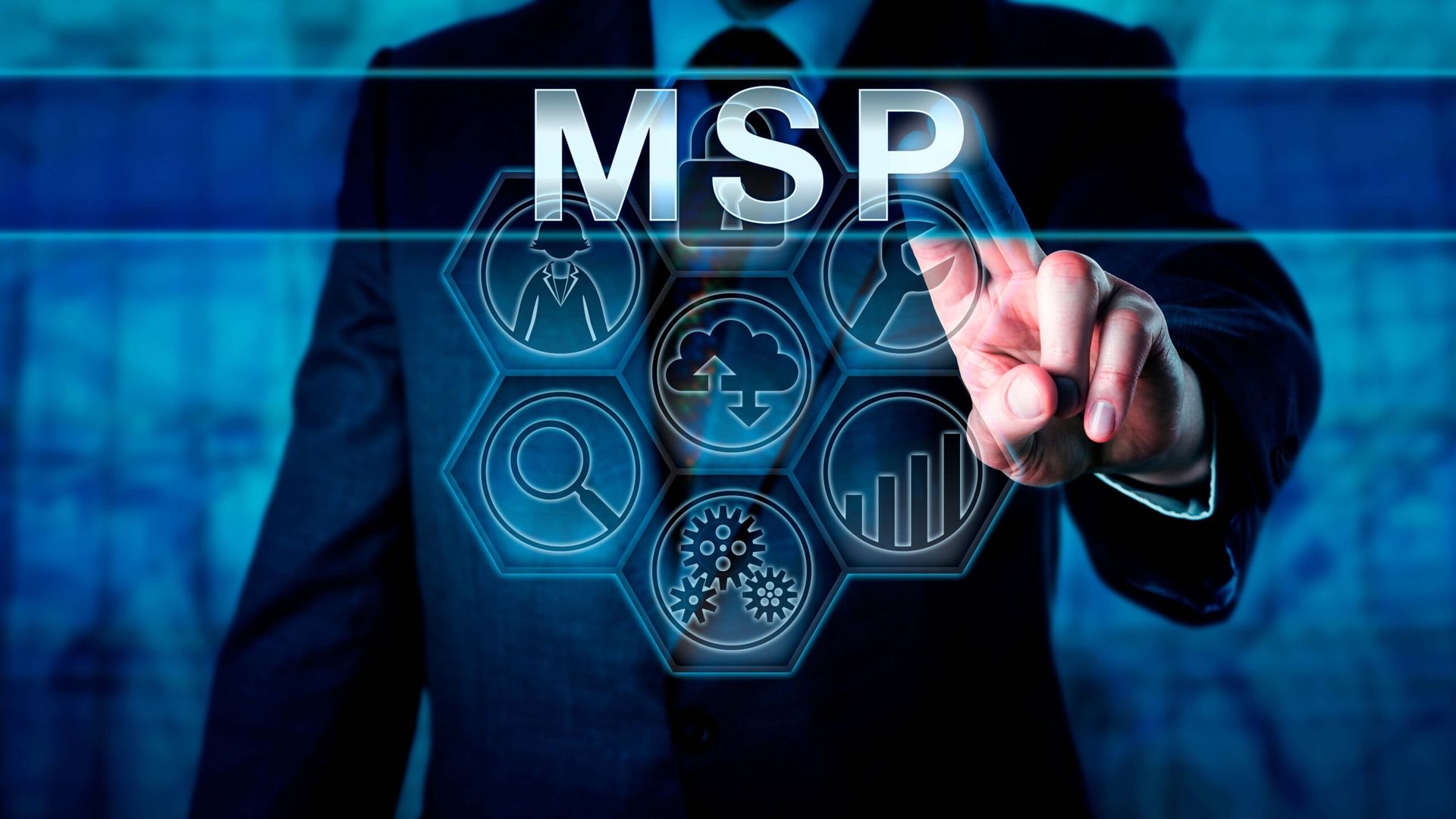In its new trends report, “Detours Ahead: How IT Navigates an Evolving World,” JumpCloud, a cloud and device security specialist, found that 88% for small and medium enterprises (SMEs) either use or are planning to use an MSP.
However, 39% of SMEs expressed concerns about how MSPs manage security. The main reasons SMEs stopped working with an MSP were listed as: cost (28%), outgrowing the MSP's service offerings (26%), moving IT to a strictly internal function (24%), or having a bad customer service or sales team experience (23%).
Chase Doelling, principal strategist at JumpCloud, told MSSP Alert that research from the biannual SME IT Trends report will help the company learn about the competition facing its MSP partners, and that differentiating in this environment “is not about success but survival.”
"I think the big takeaway is that while SMEs continue to lean on MSPs for a whole host of reasons, this is the first time we've seen internal teams claw back a little internal control,” Doelling told MSSP Alert. “Fewer SMEs are turning to MSPs to manage their entire IT program, and 40% are worried about how MSPs handle security. They're simply willing to cut bait more readily than they've been before if they don't see value.”
While cost and outgrowing an MSP's offerings are the two top reasons SMEs stop working with an MSP, the plus side is that 70% of SMEs plan to increase MSP investment.
“So, the growth opportunity is within reach for MSPs who can deliver and scale with their clients' needs,” Doelling said. “Flexibility, value, and extraordinary client relations are the key."
Making More Out of the MSP Relationship
While MSPs are seen as delivering better security, productivity and cost-savings, there are also signs that SMEs are starting to expect more from their MSP partners. According to JumpCloud:
The Rise of Shadow IT
One pain point for MSPs is the rise of “shadow IT” and the need for better admin control.
Shadow IT is the use of IT-related hardware or software by a department or individual without the knowledge of the IT or security group within the organization. It’s what causes security holes and also creates compliance violations, data loss risk and fragmented, inefficient IT, JumpCloud said. Thus, as cloud applications increase and AI use grows, IT teams want to mitigate risks by identifying and managing unauthorized apps and resources.
JumpCloud’s research revealed:
Security Teams' Biggest Fears
JumpCloud reports that security continues to be the number one challenge facing IT teams as cyberattacks increase in both frequency and sophistication. But it's a lack of visibility, control and easy management of employees and their devices that continues to trouble them.
JumpCloud found that:
What’s Keeping IT Admins Up at Night
Greg Keller, JumpCloud co-founder and chief technology officer, said that IT teams are dealing with many obstacles and face uncertainty about economic conditions and upcoming elections.
“There are growing security threats, complex tech stacks and device varieties,” Keller said in a statement. “Despite this and more, IT admins are resilient and resourceful. What’s keeping them up at night is what they can’t see — 84% of IT admins worry about shadow IT.
“To help combat the security holes shadow IT creates, IT needs to deploy tools to help spot rogue apps. This will give IT teams the control and visibility they need to keep organizations safe.”




